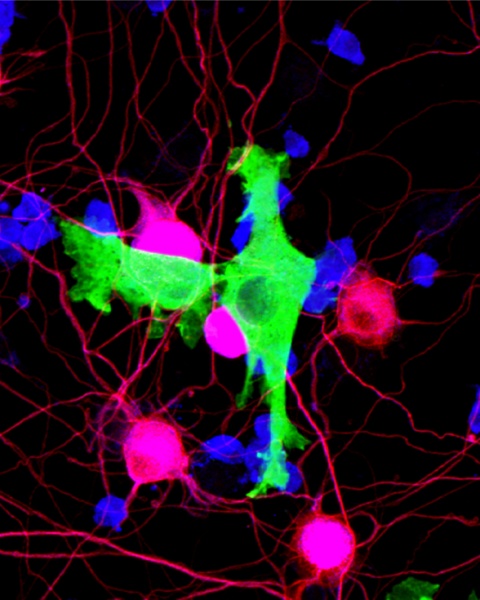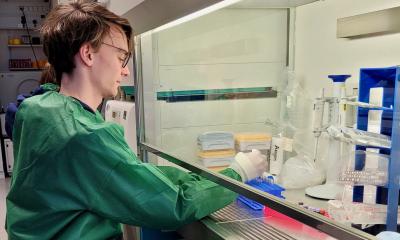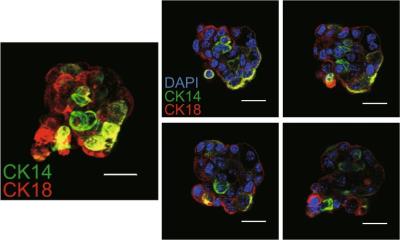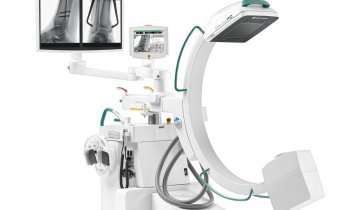News • Research support
Stem cell therapy for traumatic injury on the horizon
University of Texas Health receives funding for study

The University of Texas Health Science Center at Houston (UTHealth) has received funding through a public/private partnership for the first-ever clinical trial investigating a stem cell therapy for early treatment and prevention of complications after severe traumatic injury. The proposed Phase 2 trial is underwritten with $2 million from the Medical Technology Consortium (MTEC) and $1.5 million from Memorial Hermann Foundation. Athersys, Inc., will provide MultiStem, the investigational clinical product for the trial, and provide regulatory and operational support, as its contribution to the trial.
“Traumatic injury is the leading cause of death and disability among children and members of the military, and also has a significant impact on the elderly. Following serious trauma, an acute hyperinflammatory response can be triggered, impairing recovery and leading to additional complications,” said Charles S. Cox, Jr., M.D., principal investigator, George and Cynthia Mitchell Distinguished Chair in Neurosciences at McGovern Medical School at UTHealth and co-director of the Red Duke Trauma Institute at Memorial Hermann-Texas Medical Center. “Our prior research demonstrates that administration of MultiStem following acute neurological injury can help improve recovery and reduce the occurrence or severity of certain complications, so we are excited about the clinical potential in this area.”
Following serious trauma, an acute hyperinflammatory response can be triggered, impairing recovery and leading to additional complications
Charles S. Cox
Cox and other researchers at McGovern Medical School at UTHealth have been studying MultiStem in preclinical and clinical trials as a possible therapy for traumatic brain injury and stroke for the past 10 years.
According to the Centers for Disease Control, traumatic injury is the third-leading cause of death in the US and the leading cause in Americans ages 1 to 44. Most deaths occur in the first three days from uncontrolled bleeding and traumatic brain injury, but 25 percent of deaths occur after three days from factors such as inflammatory-related complications. Those secondary complications can include acute kidney injury, acute respiratory distress syndrome, venous thromboembolic disease and swelling and tissue death after traumatic brain injury.
The proposed randomized, double-blind, placebo-controlled Phase 2 clinical trial must still go through review by the US Food and Drug Administration and approval from the UTHealth Internal Review Board, and therefore, the design is subject to additional input. Researchers hope to enroll approximately 150 severely injured trauma patients within hours of hospitalization at Memorial Hermann-TMC, the busiest Level 1 trauma center in the country.
Source: University of Texas Health Science Center at Houston
23.04.2018









